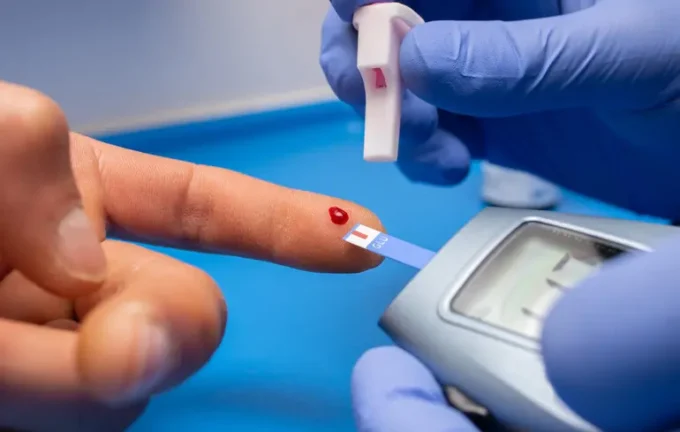Preventing Type 2 Diabetes in Children: Modern Strategies for Early Prevention and Healthy Living

Type 2 diabetes (T2D) has become one of the most pressing health concerns worldwide, and its incidence among children and adolescents is steadily increasing. This chronic condition occurs when the body loses its ability to effectively use insulin produced by the pancreas, leading to a persistent rise in blood sugar levels. According to experts from the Public Health Center, recent scientific research indicates a growing prevalence of T2D among young populations, emphasizing the urgent need for preventive measures. Risk factors for children developing T2D are varied and often interconnected. Firstly, excess body weight or obesity, particularly around the abdomen, significantly reduces cellular sensitivity to insulin. A sedentary lifestyle, characterized by insufficient physical activity, contributes to weight gain and impairs metabolism. Unhealthy diets rich in sugary drinks, fast food, sweets, and processed snacks also play a crucial role in increasing the risk by promoting weight gain and metabolic disturbances. Genetic predisposition is another vital factor; children with parents or siblings with T2D are at higher risk. However, many risk factors are modifiable. For example, age plays a role, especially during puberty when hormonal changes increase vulnerability. Additionally, children born prematurely or with low birth weight are more susceptible to future metabolic issues. To mitigate these risks, experts recommend maintaining a balanced diet that emphasizes vegetables, fruits, whole grains, and lean meats. Early education on healthy eating habits helps establish lifelong beneficial behaviors. Limiting sugary beverages and fast foods, and replacing them with healthy snacks like nuts, fruits, or unsweetened yogurt, can promote better health outcomes. Physical activity is equally critical — children should engage in at least 60 minutes of moderate to vigorous activity daily, such as outdoor games, cycling, dancing, or sports. Regular movement aids in weight control, enhances metabolism, and increases insulin sensitivity. Monitoring the child's BMI, using online calculators and age-specific reference charts, helps detect early deviations and allows timely intervention. Healthcare professionals advise parents and caregivers to work closely with pediatricians and family doctors to develop personalized plans aimed at preventing chronic illnesses like T2D. Early detection and intervention are key to reducing future health complications. This publication is based on the latest scientific research and aims to provide general information. For diagnosis and personalized health advice, always consult qualified medical professionals.

